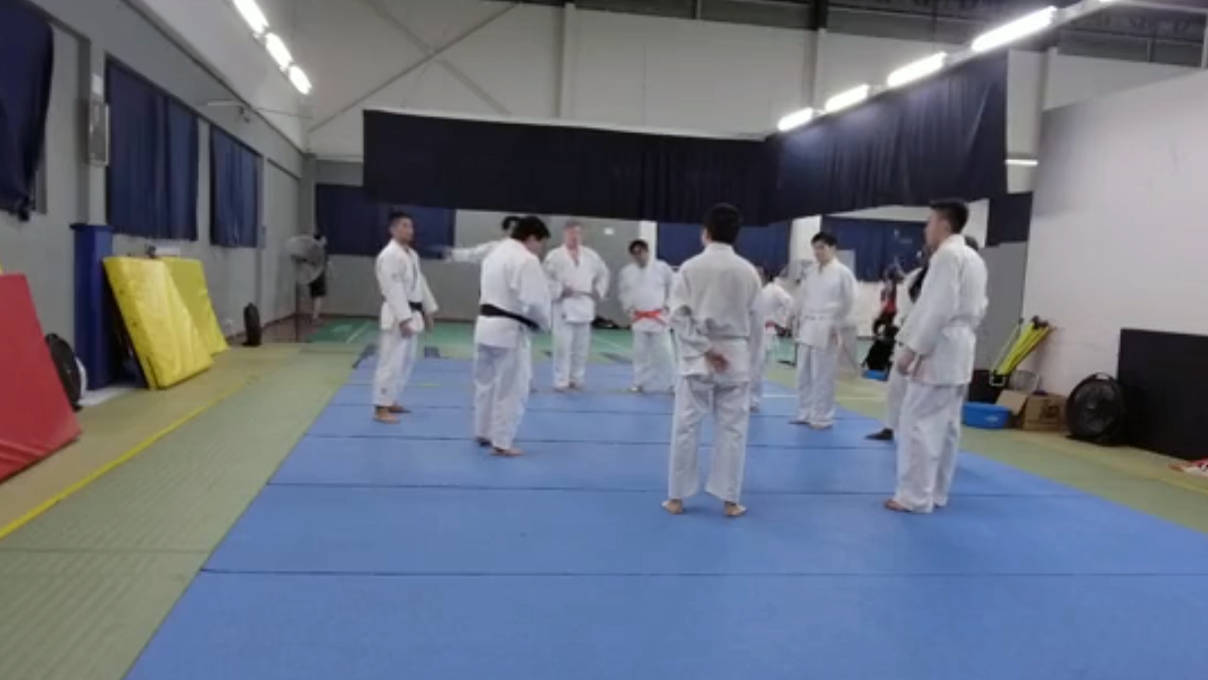
August is soon coming to an end. This month, we had about a dozen inquiries, out of which five actually dropped by to give judo a try. Four of them are absolute beginners but one is a black belt (and a former competitor).
All five said they want to join our club and one has actually done so. The remaining four hopefully will do so in the coming week as we head into September.
It's very important to grow the membership base because although we currently have a healthy number of members, it's necessary to have more members to ensure that there is always a critical mass of players are on the mat.
Organic growth is naturally a slow process but it's a steady one. Every week, we get inquiries. Not all of them pan out but some of the inquiries are genuine and we've recruited some fantastic new members since we reopened in mid-July.
I'm one who believes it's very important to always count our blessings, and I'm super grateful that not only have we managed to retain most of our members, we have also achieved the remarkable feat of recruiting some new ones.
And, as is often the case with our new members, all of them seem to have integrated really fast and really well with our old members. I think this says a lot about our club culture.
***
I once interviewed a restaurateur, who was also a restaurant consultant. He said that no matter how successful a restaurant is, it needs to revamp its menu every now and then. I asked him if this was necessary if the restaurant's current menu is still very popular. He said yes because you have to show that the restaurant is vibrant and alive. So, fresh new items need to be introduced from time to time.
And so it is with judo clubs as well. I'm constantly tweaking our training programs to make them better and more in line with what our members want. Sometimes, some new ideas work and sometimes they don't. The important thing is to keep innovating.
To a large extent, the tweaks and innovations are driven by the membership base and by who comes regularly. For example, if we have a lot of beginners coming for class on a regular basis, it makes sense to allocate more time for beginners' training. If more higher-ranking colored belts come to class regularly, then we need to provide more advanced classes. And if more competitors come regularly, we need to have more competition training.
So, it very much depends on who's showing up regularly. I monitor that from week to week and make to the training program accordingly.
I think this process of refinement is a good thing, and that we're on the right track. There's no doubt in my mind that our training program these days is far superior to what we were doing just a year ago, or even just six months ago. It's certainly the best we've got to offer, which is not to say we can't do better. We have to constantly improve and we will.
